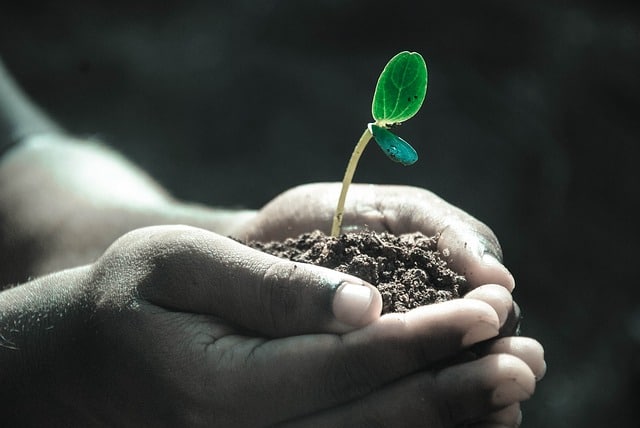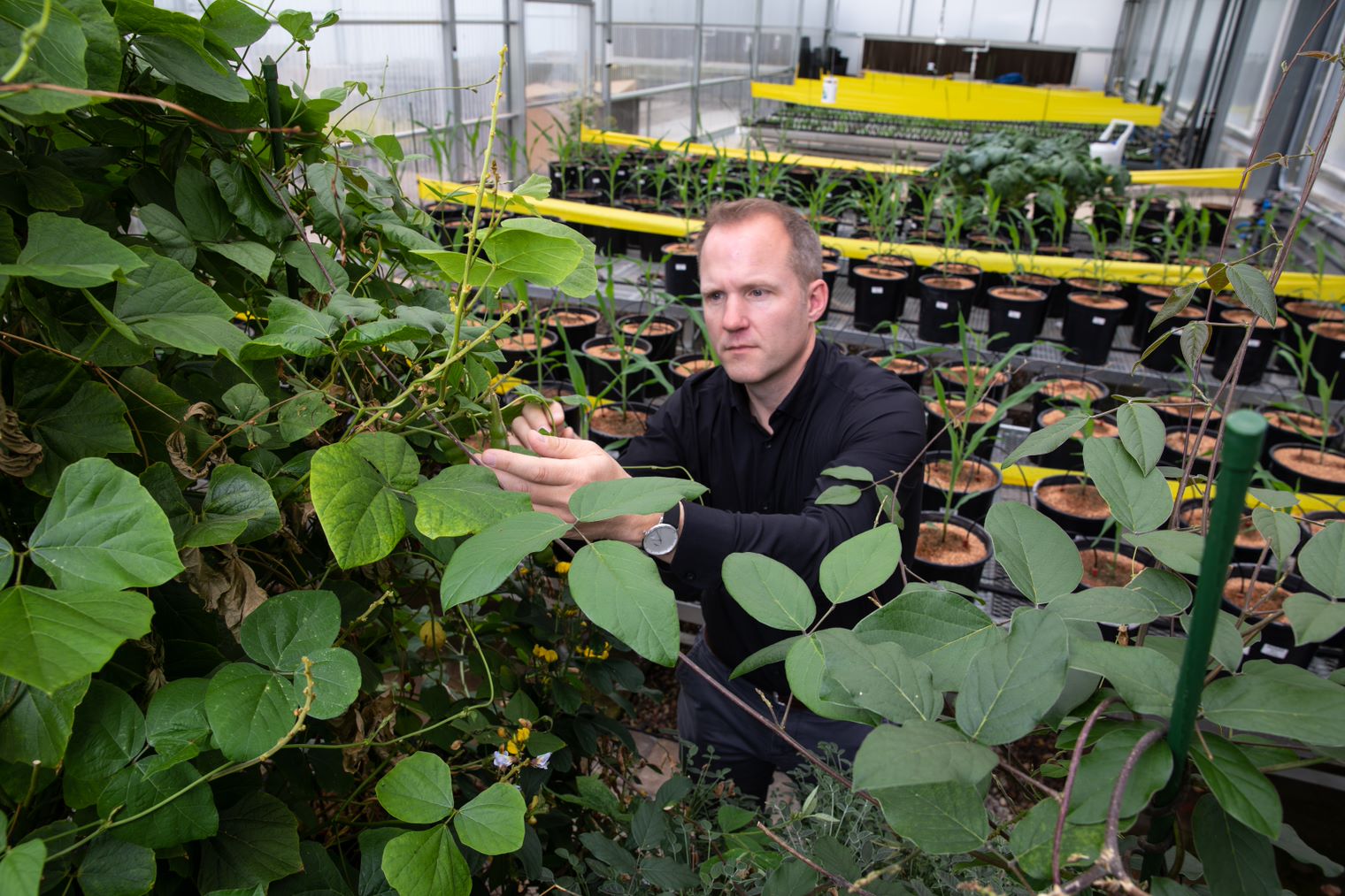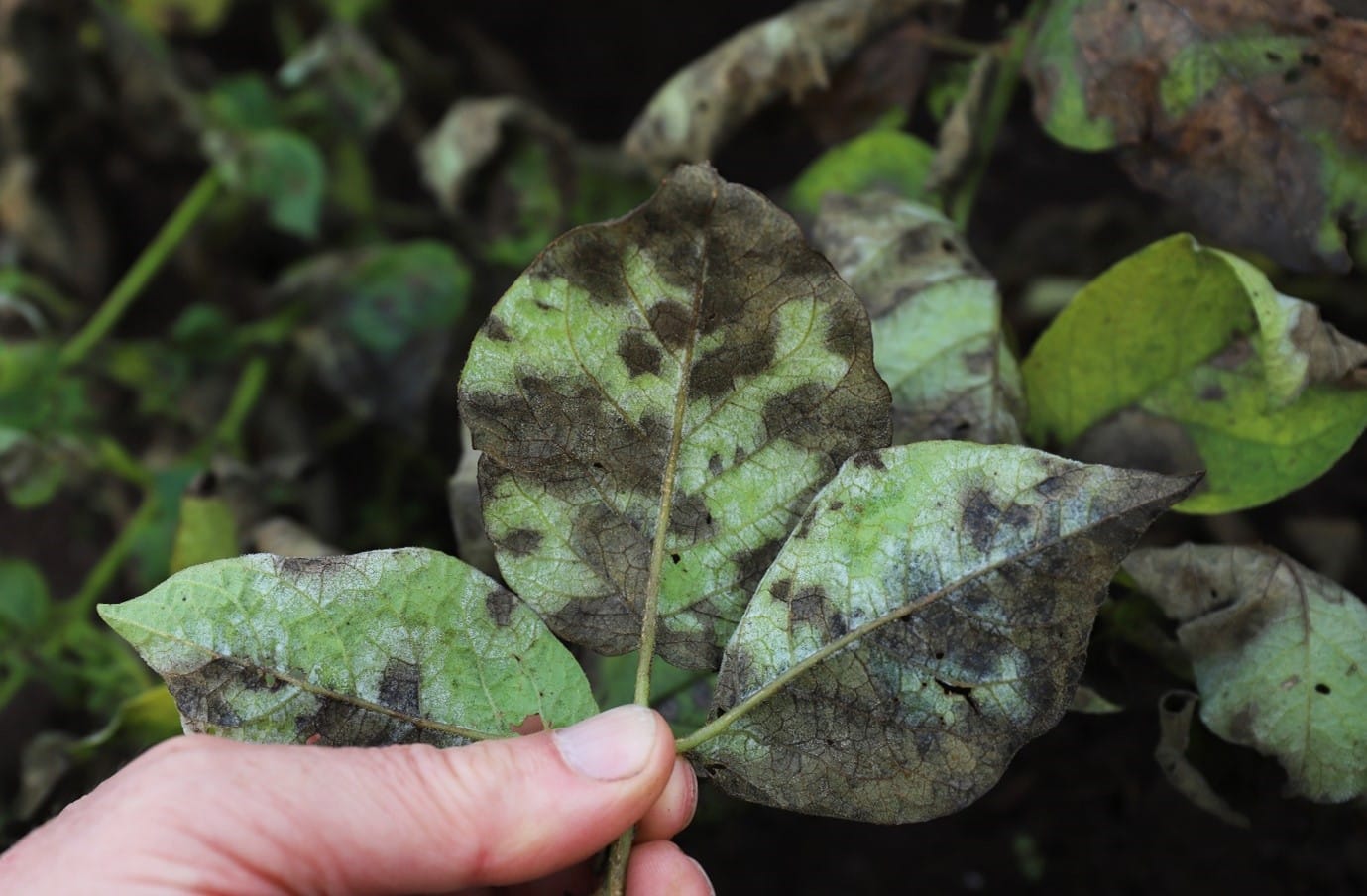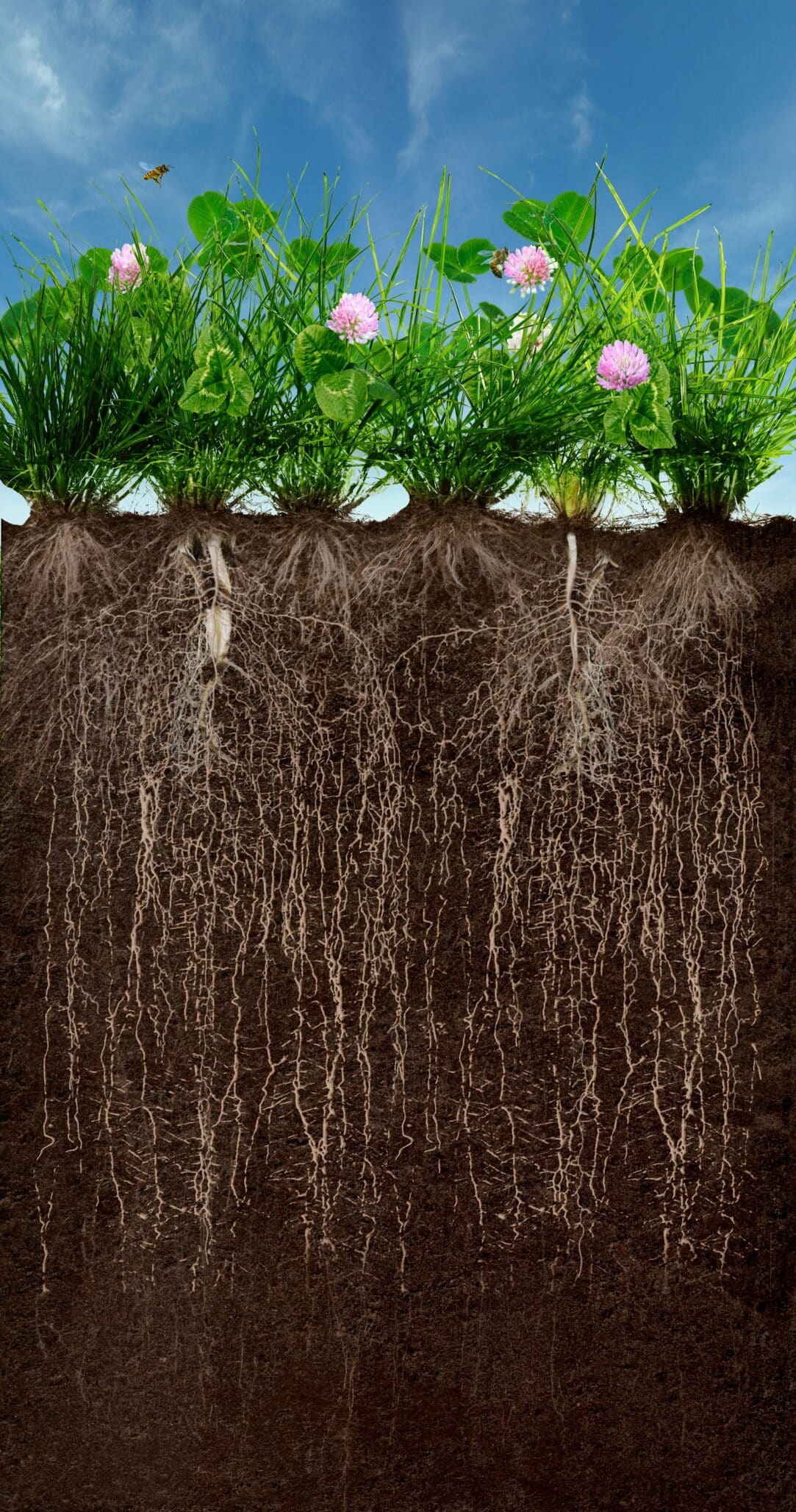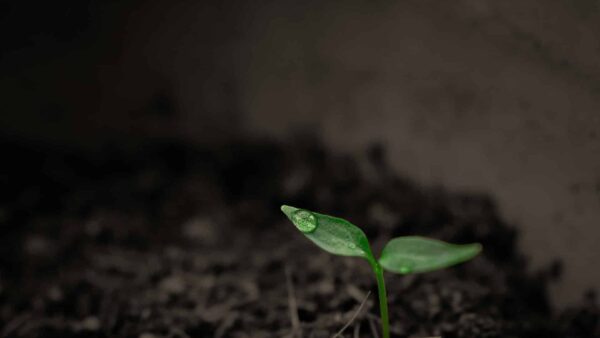Scientists of the James Hutton Institute are supporting the Asian Agricultural Long-Term Experiment (ALTER) with the aim of providing scientific basis and management options for soil sequestration and agricultural sustainability in Asia and beyond.
The organisation, launched in March 2017, consists of several scientists working on long-term agricultural field experiments with a focus on plant-soil interaction. It strives to encourage collaboration, exchange of information, and the formation of joint research.
Dr Jagadeesh Yeluripati, an Ecosystem Modeller based at the Institute’s Information and Computational Sciences group in Aberdeen and one of the founding members of the ALTER network, said: “A number of countries had long-term experimental plots intended to assess the sustainability of crop production, and thus food security.
“We were all working towards the same goal however the findings were all scattered around. With ALTER we are trying to bring them all into a single platform.”
ALTER has been very successful in collating a range of findings and providing a valuable scientific basis to assess long-term sustainability of agricultural lands. They now aim to examine the options and potential for success towards the goals of “The 4 per 1000 Initiative: Soils for food security and climate” established during COP21 (Dec 2015, Paris).
The initiative aims to demonstrate how agriculture plays a crucial role in combating climate change. The 4 per 1000 Initiative aims to increase the amount of soil organic carbon to a depth of 40 cm by 4‰ (0.4%) per year for 20 years and thus halt the increase in atmospheric CO2. A 4/1000 annual growth rate of the soil carbon stock hopes to show that even a small increase in the soil carbon stock, especially in sub-tropical and tropical climates, is vital in improving soil fertility and agricultural production.
Dr Yeluripati added: “It’s important that we develop a database of research into the subject and examine its potential for success. Is it possible that the small change in soil sequencing can compensate for the greenhouse gas emissions produced by other sectors in the region?
“Soil presents a unique opportunity for success, combating emissions in other sectors may not be possible. The climate and demand in developing countries in Asia is constantly increasing, this makes agricultural sustainability extremely challenging.
“For example, in the power sector they may achieve high efficiency because they switch from one form of energy to another, but the problem is the demand for this will continue to go up, which will once again increase harmful emissions.”
ALTER hopes to demonstrate the importance of long-term field experiments to the public and decision makers, thereby securing funding to maintain and strengthen LTFE programs in Asia.
Source: James Hutton Institute


